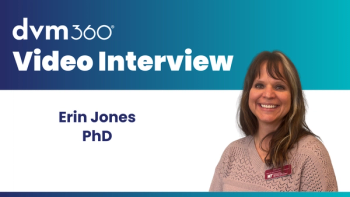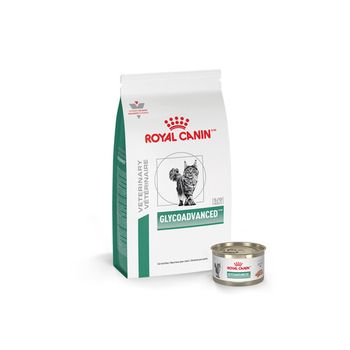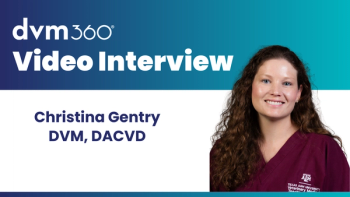
Personal assistants can add hours to your day
Psst, I have a secret-How would you like an extra 20 hours per week? I know a way to give you more time. Every day. Every week.
Thought for the Month:
Never dive into murky waters.
Psst, I have a secret-How would you like an extra 20 hours per week? I know a way to give you more time. Every day. Every week.
If you are like most of us, we would love a way, a method, a means to find more time for the things we enjoy doing besides working.
Yet, as the "information age" has overrun our lives, there is less discretionary time with each passing year. Instead of computers, cell phones and a constant influx of information simplifying our life, they have presented greater challenges.
Decline of discretionary time
The decline of discretionary time can be attributed to two major issues-"life spam" and the increasing complexities of life.
Some in the workplace have been able to adjust and adapt to the new time paradigm.
A personal assistant is the secret weapon for some clinical veterinarians to get a handle on the many responsibilities vying for his or her time.
A personal assistant has a clearly different role than the office manager. Some practices will need both.
We all know that the majority of practices are smallish-2.2 veterinarians and seven employees with gross revenues in the neighborhood of $550,000.
These practices stop growing because of internal issues of communication, spam and "too many things to do." (Or the failure to have a personal assistant.)
The things to do involve infrastructure, cause burnout, and limit one's ability to reinvent oneself. This leads to the key income-producing veterinarian, the practice rainmaker, the driver, the leader, the pulse of the practice, getting sidetracked. Each and every day, or rather, each and every hour gets sidetracked with non-income producing stuff to do, interruptions, trauma, and, oh my gosh, life spam. Such spam activities cut into creative energy, study time and client service time.
And in a service profession, anything that takes us away from patient duties, causes income to drop.
To the rescue
A personal assistant can help many types of practices.
A personal assistant can and does work well for large, five or more veterinarians, as well as the average 2.2 veterinarian practices.
With the economics of practice as it is, the national norm of about $250,000 gross revenue per veterinarian is just not good enough to support the entry-level debt load of the new graduate or the lifestyle of the older, more seasoned practitioner.
Our research, observations and pragmatic perspective offer this reality: growing practices learn to control the conflicts and adjust to the flaws from the time cannibals and so much spam.
Clearly, no one is indispensable, but the "central doctor" in a practice must stay focused on patient issues, client communication and study.
But this becomes impossible. How can we study when the clinic sign blew down, the Worker's Compensation audit is due and we have to translate the jangled mess that comes each month called a "bank statement?"
Remember the old adage, "to get something done, ask a busy person?"
Typically, what happens is that the burden of the infrastructure, the employees, the government audits, the accountant's stuff, and dealing with the lawyer, the practice act rules, the unwritten regulations and a broken water heater takes over the day and the lead veterinarian in the practice gets the task, to the detriment of patient care. A personal assistant can help manage the variety of distractions that comes your way every day.
Back by Popular Demand . . . DVM Best Practices on Suturing & Stapling
What to delegate?
Certainly, a general rule is that one should not delegate creative duties, but the more routine and rote projects that are the cause of the compost of our daily interruptions.
A practice cannot afford to have the central players, the veterinarians, distracted with tasks like going to the bank, visiting with auditors and accompanying inspectors on inspection.
It is these duties that we can farm out to the personal assistant.
For the genuine caring, creative-thinking, attentive practitioner, the mundane duties of practice management are just a speed bump in the way of good medicine. Yet the failure to address these mundane duties undercuts the practice morale, finances and smooth flow of patient care.
Game plan
Here is how it should work with a personal assistant.
If you have an office manager, let the person go about their normal duties.
Today, make a list of five non-patient projects that should be completed, need to be accomplished, telephone calls requiring attention or travel arrangements needing to be made.
Then, for the next 15 business days, ask one employee to step out of the daily rotation of things to be completed and give them the time, the resources and the liberty to solve and fulfill these duties.
At the end of three weeks you will discover four things.
1. Golly, these projects were completed!
2. You stopped worrying about them.
3. You enjoyed going into the exam room again and you did a better, more creative job by better active listening because of fewer distractions.
And, you found that hidden smile again.
Having seen this transformation, look around the practice and identify all, yes all, the projects that need attention and make a list. Then hire, or divert, a staff member to step out of the daily rotation, to get after these projects.
Meet with this person for about 10 minutes every morning.
Then, plan some time with friends and family this evening. (Make a note in the calendar: "Happy days arrived today.")
Newsletter
From exam room tips to practice management insights, get trusted veterinary news delivered straight to your inbox—subscribe to dvm360.





